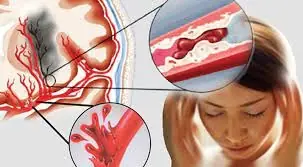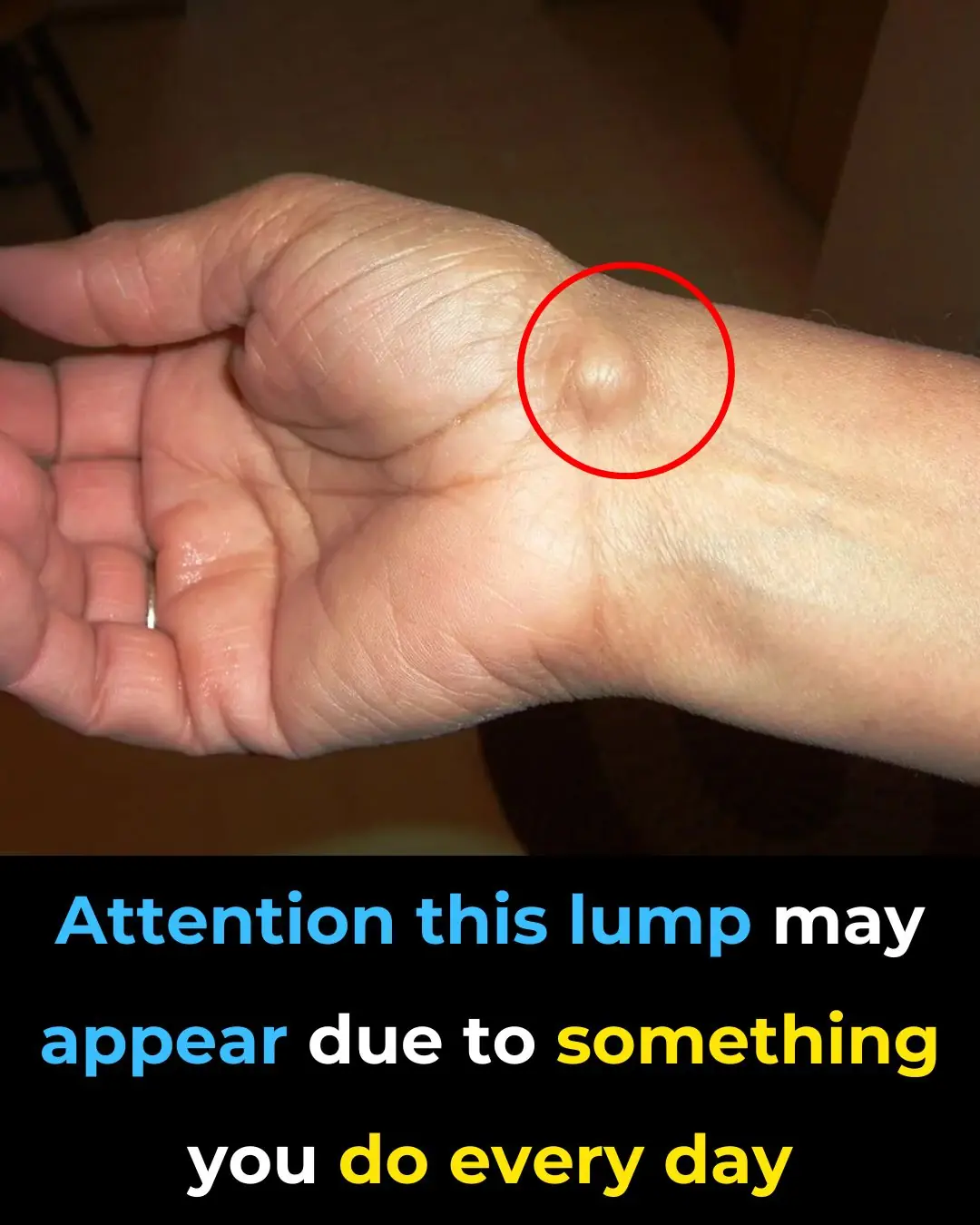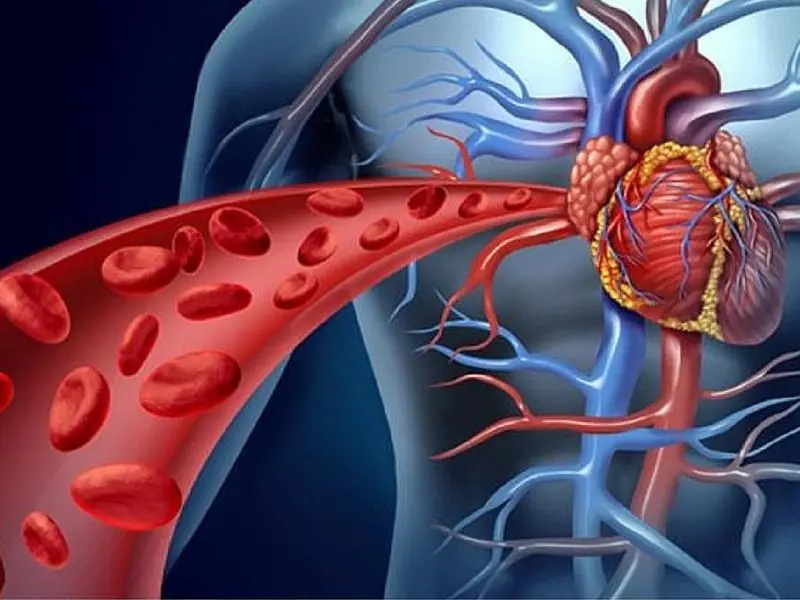
Cerebral hemorrhage occurs when blood leaks into brain tissue, causing brain damage. The increased pressure on surrounding tissues can ultimately destroy brain cells and rupture blood vessels.
One of the major symptoms of this condition is a sudden, severe headache. Thus, any unusual headaches should always be taken seriously.
Unfortunately, many individuals have suffered fatal consequences due to negligence, as in the case of a young woman:
Siti Saraf Ismail and her husband Mohamad Amirul Akmal Mohd Aziz had just celebrated their wedding when Siti Saraf woke her husband at 3 a.m., complaining of a severe headache.
According to Amirul, after mentioning her headache, his wife went back to sleep and appeared to be resting peacefully when he woke up in the morning. However, soon after, the family noticed that Siti was having trouble breathing. Amirul immediately called for an ambulance, and Siti was rushed to the hospital at noon.
Tragically, the doctors were unable to save her, and she was declared dead at 12:30 p.m. An autopsy revealed that the cause of her death was a hemorrhage in the right side of her brain.
Amirul shared one of his wife's last words after their wedding: "My love, we've just married. You must always take care of our family."
Cerebral hemorrhage has caused many deaths due to symptoms that are often mistaken for a common headache.
However, cerebral hemorrhage comes on suddenly and intensely, often triggered by emotional or physical exertion, or occurring during routine activities, even in one's sleep or immediately upon waking. Some signs to watch for include:
Sudden, severe headache accompanied by weakness, numbness, or paralysis of one side of the body.
Difficulty speaking or slurred speech, and facial drooping.
Sweating, involuntary urination, irregular breathing, heart rhythm abnormalities, and fever.
Difficulty swallowing, choking, or inability to chew.
Sudden memory loss or confusion.
Nausea and vomiting.
Loss of consciousness or coma.
Vision problems in one or both eyes.
What Causes Cerebral Hemorrhage?
Cerebral hemorrhage can occur due to various factors, including:
Head trauma, which could result from falls, car accidents, sports injuries, or other impacts to the head.
High blood pressure, which can damage blood vessels and cause them to leak or rupture. This is the most common cause of non-traumatic cerebral hemorrhage.
Ruptured cerebral aneurysm (where a weakened area of a blood vessel bulges and bursts).
Amyloid plaques accumulating in the arteries of the brain.
Arteriovenous malformations (abnormal direct connections between arteries and veins in the brain).
Brain tumors.
Venous sinus thrombosis (clots in brain venous sinuses).
Blood clotting disorders or anticoagulant therapy.
Tumors putting pressure on brain tissues and causing internal bleeding.
Smoking, heavy alcohol use, or recreational drug use (such as cocaine), all of which weaken blood vessel walls.
Pregnancy-related issues such as preeclampsia, post-partum vascular disease, or intraventricular hemorrhage in newborns.
Abnormal collagen formation in blood vessels, leading to weakened and fragile vessel walls.
How to Prevent Cerebral Hemorrhage?
Experts in cerebrovascular accidents recommend the following to prevent cerebral hemorrhage:
Maintain good health with a balanced diet: consume plenty of fruits and vegetables, and limit fat intake.
Avoid smoking and reduce alcohol consumption and the use of stimulants.
Regular physical exercise is key—at least 30 to 45 minutes daily for good health.








































